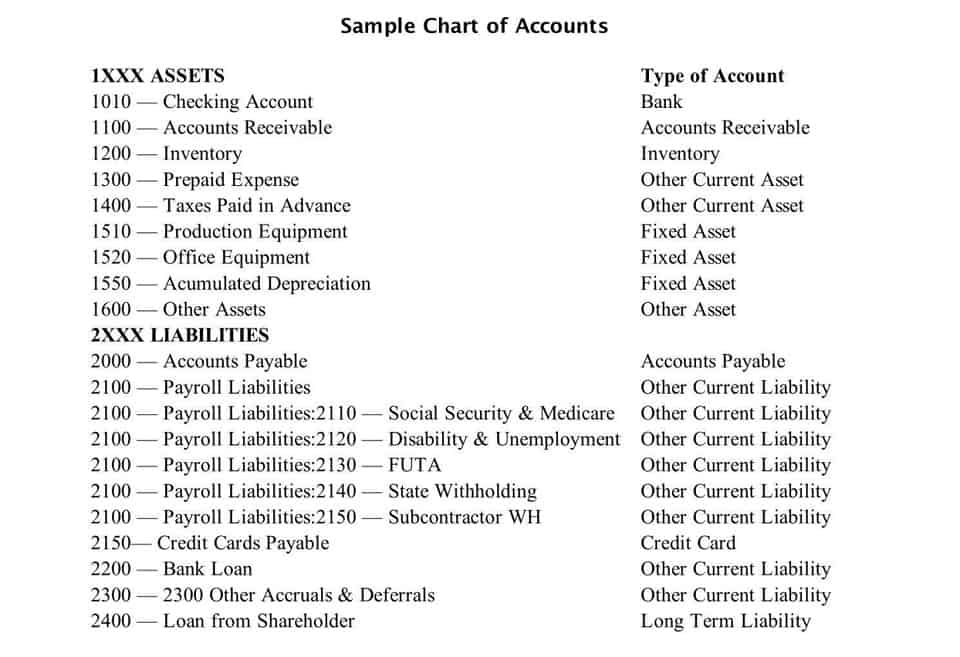
With virtual therapy sessions more common than ever, using the right modifier is essential for getting reimbursed for telehealth. Ever had a session with a new client, only to find out later their insurance won’t cover it? Now you’re stuck in the awkward position of chasing payments—or worse, writing it off. If billing has become a never-ending headache, we help mental health professionals take back control—without drowning in paperwork. Insurance companies deny claims for the smallest reasons—or no clear reason at all. Get quick links to checklists and scripts to verify eligibility and benefits, start a new practice, or begin credentialing.

Join 10,000+ teams using Carepatron to be more productive
Despite mental health parity laws, insurers often apply different standards to psychiatric claims. Your billing service needs to understand how to navigate these challenges and advocate effectively when payers inappropriately deny claims. Patients want to know their medical records, billing data, and insurance claims are handled with care and integrity. Transparent, compliant mental health billing for dummies billing improves patient satisfaction and reinforces your organization’s credibility in the community and healthcare landscape. Compliant billing services reduce the number of claim rejections and speed up payment cycles.

Add-On Codes for Extended Psychotherapy Sessions
Keep track of all submitted claims and follow up with the insurance company if you haven’t received a response Grocery Store Accounting within a reasonable time frame (usually 30 days). Prompt follow-up can uncover issues early and prevent prolonged payment delays. Immediate and thorough insurance verification can prevent billing issues down the line.

What are the top billing compliance risks in behavioral health?

Although this sounds like a huge job, in the long run, making sure you know the coverage available for each patient before they receive any services will be very beneficial in the long run. To know what coverage your patients have, it’s best to verify benefits (VOB) for each patient before you provide any services. A VOB checks the patient’s policy regarding the service they are visiting for and gives providers information that is not available from a patient’s insurance number. It is not always easy to know if you’ve met the required elements to code appropriately for the required reimbursement. It could be a good idea to break down the process into steps for new and established patients. As mentioned above, submitting the form is painful enough the first time; there’s no point in doing your job twice as hard and having to submit a second, third, or even fourth corrected claim.
- Insurance companies deny claims for the smallest reasons—or no clear reason at all.
- With the level of patient frustration that may rise along with the inaccuracies, practices also might encounter significant deterioration in their efficiency.
- These can lead to claim denials, audits, and penalties from regulatory agencies.
- We’ve seen that psychiatric practices using specialized mental health billing services see higher collection rates compared to those using general medical billers.
- Refile claims that have been received and rejected, you normally have a longer time to refile claims as corrected.
CPT codes are a standardized set of codes maintained by the American Medical Association (AMA). These codes are used to identify specific procedures and services provided by healthcare professionals, including mental health practitioners. In essence, while mental health billing and behavioral health billing share similarities, the latter encompasses a broader array of psychological services. Understanding their relationship is vital for practitioners, insurers, and policymakers working to improve access to comprehensive mental and emotional well-being care. You’ll receive a check or EFT along with an explanation of benefits to explain the payment amount. If insurance refused to cover the entire cost of services, you’ll have to bill your patient for the difference.
BIRP Notes PDF Template for Mental Health Providers PDF Download

Before providing mental health services, verifying patient insurance coverage is essential to prevent payment issues. Understanding the payer’s requirements and benefits helps providers prepare for the billing process. The mental health billing process involves documenting services provided, assigning the relevant CPT codes, submitting claims to insurance companies, and following up for reimbursement. Healthcare Revenue Cycle Management (RCM) is the process of managing the financial transactions that occur between patients, insurance providers, and healthcare providers. It encompasses everything from initial patient intake to the final payment and reconciliation of services rendered.
- Submit the claim as corrected claims so they act to reprocess the original claim.
- Even though many patients possess active coverage, the services might not be reimbursed as a benefit, so this step is essential to make mental health billing smoother.
- After all of this and even after Medicare’s electronic submission requirement, some payers STILL don’t have claim submission web portals.
- Before submitting your claim to a payer, you may submit it to your clearinghouse for review.
- If you’d prefer to offload all of this nightmare, you can hire a billing service as well (and we only work with mental health providers).
- The CMS1500 form is the standard health insurance claim form used for submitting mental healthcare claims to bill Medicare service providers.
You can discover how to appropriately bill insurance for treatments rendered by verifying this crucial element. The requirement for detailed and precise documentation to justify the need for therapy or counseling further adds to the complexity. Combined with insurance policies that may have unique rules or limitations for mental health coverage, navigating the billing process can be a daunting task for many professionals in the field. While validating coverage may take much time, it pays off because you can ensure your client is covered and determine how much the insurer is likely to pay. Depending on the insurance company, you can verify coverage online or by phone.
Telehealth Billing: Quick Guide
- Double-check that all codes and documentation align with the patient’s diagnosis and treatment plan to avoid rejections or denials.
- Both of those are processes that I alluded to in those term’s definitions but this is a good place to mention them again.
- Providers must navigate various aspects such as coding services, and behavioral billing requirements to accurately bill for mental health billing services.
- The mental health biller (you) will put the claim either into a paper claim form (CMS 1500) or into the proper practice management or billing software (EHR software).
- Furthermore, discover valuable insights for skillfully managing claims effectively.
A common issue in denied claims is a mismatch between the date of service and the authorization or provider credentialing information. Using a system that automatically validates these fields ensures that services are billed only when compliant with payer contracts and authorization windows. Behavioral health organizations can use automated claim scrubbing tools to detect errors before submission. These tools verify CPT codes, patient details, provider credentials, and authorization data, ensuring alignment with payer requirements. Automation enhances accuracy and precision, improves efficiency, and saves time on back-end corrections.
The primary types of mental health services and the insurance coverage offered for them include:
Diagnosis coding is a critical component of mental health billing, as it ensures that the What is bookkeeping services provided are accurately represented and reimbursed. For mental health services, such as psychotherapy, specific codes are used to describe various conditions and guide treatment. These codes are essential for insurance claims and must be precise to reflect the patient’s diagnosis correctly.
